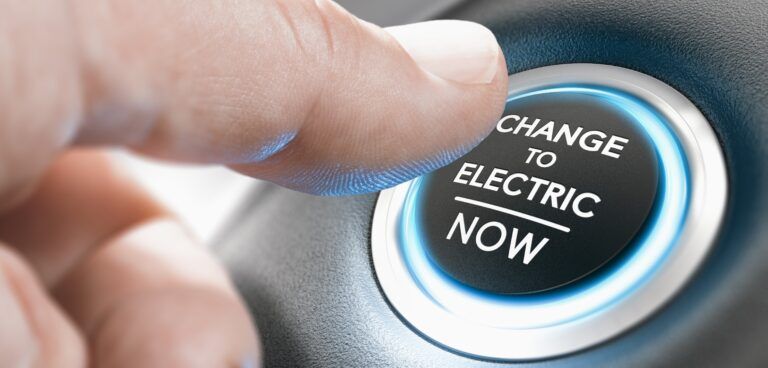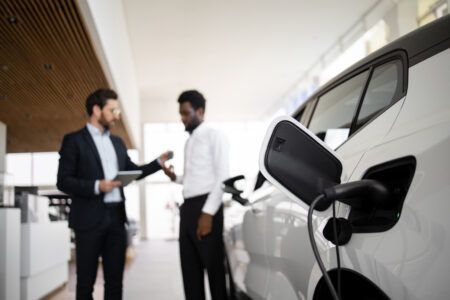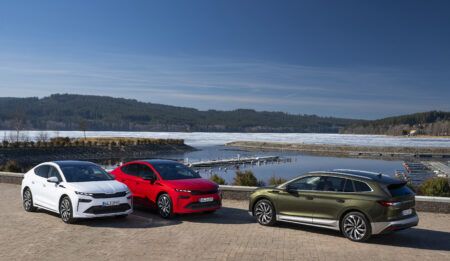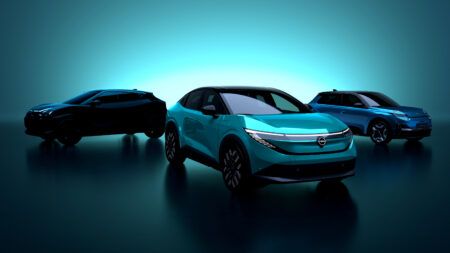The push for electrification is no secret in the UK, with the Government confirming a 2030 ban on petrol and diesel cars, while offering £20 million in funding to support EV innovations.
Recent figures from the Society of Motor Manufacturers and Traders also show that UK electric and hybrid vehicle sales surged in August, even as overall sales of cars sank to the lowest level since August 2013. But the range of benefits for fleets making the switch is still relatively unknown, or at least unacknowledged. The associated risks and potential issues still drown out many of the positives, creating an inaccurate perception for businesses and holding progress back.
Switching an entire fleet to EVs seems a daunting task if you don’t have all of the information to hand and can be seen to be a prohibitively expensive move. An electric fleet is quickly shifting from a ‘nice to have’ to an essential for businesses, but the upfront cost of the switch is often a major concern from fleet managers.
To add to this, there are ongoing conversations around the availability of EV chargers across the UK, and EV users have growing concerns that the infrastructure is not up to the job. There is also still huge unease around range anxiety. The last thing you want when trying to concentrate on delivering your services efficiently and to a high standard is to be worrying about how far you are away from your next charge.
Not only is the distance between charges front of mind, but also the time it takes to fully charge your vehicle. Drivers are so used to being able to quickly fill up with petrol and be on their way that the thought of sitting and waiting for their vehicle to charge seems a strenuous chore; it is very difficult to change behavior and expectations after so many years.
However, with ever advancing technology and a determined focus on the switch to EVs from both government and businesses, these issues are quickly being addressed. Incentives are in place to help make the transition financially viable and charging infrastructure is improving rapidly across the country.
As well as the concerns being faced head on, there are also now a wide range of benefits that are available when electrifying a commercial fleet.
It is fairly widely known that EVs are better for the environment than petrol and diesel cars, but often the reasons behind this can get lost in translation. Vehicle-to-grid (V2G) technology now allows new commercial charging services, such as the one we recently launched at EDF in partnership with Nissan, to help businesses balance the grid by consuming low carbon energy. By using a two-way energy flow – both recharging an EV’s battery when electricity is at its cheapest, and discharging excess energy to sell back into the grid – new services can help manage demand.
As many businesses are rightly making net zero pledges and taking steps towards decarbonization, changes like this are only becoming more vital to business success.
Once fleets have been electrified, and the initial cost of the switch is out of the way, they can actually create substantial savings for businesses. In addition to a wide range of tariffs, new charging services can now contribute to your bottom line. For example, some can allow fleet customers to achieve around £350 savings per charger each year, which equates to approximately 9,000 miles of driving charge per year.
Such savings have now made it easier for fleet managers to make the case for electrification to wider stakeholders, showing how benefits for the move do not exist in isolation and can lead to other significant opportunities.
Sustainability is at the top of the agenda for the entire population; from the government, to big businesses, to individual consumers deciding which brands to buy from. Because of this, the green credentials of a company have never mattered more to potential customers, and having a fully electrified fleet can make all the difference to customer conversion. When a business is seen to be making genuine strides to better their impact on the wider industry and environment, customers are much more likely to engage with their services, therefore driving up revenue, market share and overall brand perception.
With many of the past issues being quickly addressed, and a whole range of benefits coming to light, there aren’t any major barriers for forward thinking fleet managers when it comes to electrifying their fleets. Businesses must look at how they can feed into the journey to electric mobility, creating a more sustainable future for the country, whilst also reaping the commercial benefits the switch can bring. It is up to everyone to make a change if we are to meet our ambitious net zero targets. At EDF, we fundamentally believe that commercial EVs are a huge driving force behind this journey, as well as the wider future of the country.





